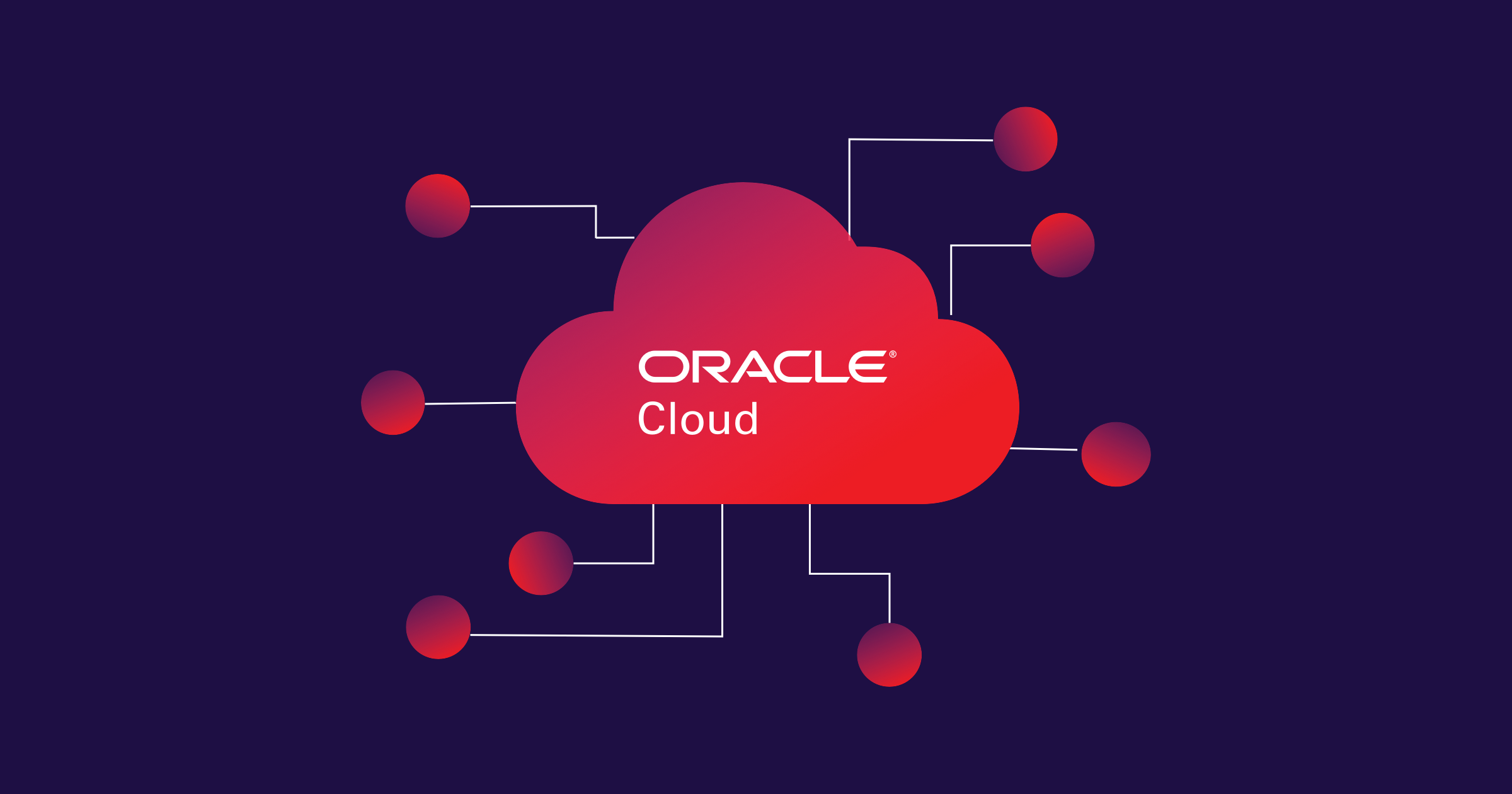
Oracle's Q4 Earnings Outperform Estimates: Cloud Computing and AI Expansion Fuel Growth
Significant revenue increase from Cloud Services and strategic acquisitions propel Oracle to beat Q4 earnings estimates; ambitious AI expansion strategy to secure future growth
Oracle Corporation (NYSE:ORCL), the American cloud computing giant, recently announced its financial results for the fourth quarter, marking an impressive end to the fiscal year. The earnings per share (EPS) for the quarter stood at $1.67 on revenues of $13.8 billion, a significant hike from the projected EPS of $1.58 on revenues of $13.74 billion.
This positive trend, reflected in Oracle's robust financials, indicates a broader rally in the technology sector. Oracle shares have surged by a remarkable 31.5% year-to-date and were marked as 'Buy' by Wall Street analysts, bolstering investor confidence.
A notable highlight of Oracle's Q4 performance is the integration of health information technologies firm, Cerner. Oracle's acquisition of Cerner in November 2022 has significantly boosted both the company's profit and revenue. According to Brian Gilmartin, a contributor at Seeking Alpha, the Cerner deal has had a potent impact on Oracle's revenue estimates, though it also introduced a slight lag in earnings per share.
The shift to a remote work model and mainstream adoption of hybrid/flexible work methodologies have undoubtedly catalyzed Oracle's growth. Zacks research noted a significant upsurge in demand for Oracle Cloud Infrastructure (OCI) services and the company’s cloud-based applications during this period. Oracle's total cloud growth, including Cerner, is expected to grow from 51% to 53% at constant currency for the fiscal fourth quarter of 2023, affirming the company's strong position in the market.
Despite being a distant fourth in the cloud computing market, trailing behind Amazon's Amazon Web Services, Microsoft's Azure, and Google-parent Alphabet, Oracle has been able to leverage its position to its advantage. Brokerages such as Guggenheim have pointed out the benefits Oracle has reaped from this position.
In addition to cloud services, Oracle's acceleration in the field of artificial intelligence (AI) has also garnered attention. Oracle's Chief Technology Officer underlined the growing demand for AI and the company's ongoing expansion to meet the need. He stated, "More and more people are coming to us as Nvidia often recommends us as the best cloud for artificial intelligence." This surge in demand for AI is indicative of Oracle's expanding foothold in the technology industry.
Oracle's aggressive growth strategy is also reflected in its collaboration with Microsoft. The company has expanded its offerings to Microsoft Azure customers, granting them direct access to the Oracle database versions and Oracle Exadata Cloud Service, among other services.
Financial analysts have been closely monitoring Oracle's performance, with Kirk Materne of Evercore ISI Group maintaining an In-Line rating on Oracle and increasing the price target from $95 to $110. Similarly, Alex Zukin of Wolf Research upgraded the stock from Peer Perform to Outperform, setting a price target of $130.
From a technical perspective, Oracle's current trajectory seems to indicate a strong uptrend, as evidenced by a consistent series of higher highs and higher lows. However, a short-term retracement might be on the horizon due to the stock's relative strength index measuring at about 81%, signaling that the stock might be overbought.
Regardless, Oracle's robust performance and forward-looking strategies underline its potential as a key player in the technology sector. As the company continues to expand its capabilities in cloud computing and AI, Oracle stands well-positioned to navigate the evolving landscape of the technology industry.
Read More
-
SCHD ETF Holds Ground With 3.6% Yield as Dividend Investors Eye Stability Over Growth
15.10.2025 · TradingNEWS ArchiveStocks
-
Ripple XRP (XRP-USD) Steadies at $2.43- SEC Shutdown Freezes ETF Decisions, Inflows Hit $61.6M
15.10.2025 · TradingNEWS ArchiveCrypto
-
NG=F Falls to $2.99 as Record Supply Outpaces Demand Despite 16.9 Bcf/d LNG Exports
15.10.2025 · TradingNEWS ArchiveCommodities
-
USD/JPY Price Forecast - Yen Weakens to 151.30 Amid Dollar Selloff
15.10.2025 · TradingNEWS ArchiveForex


















